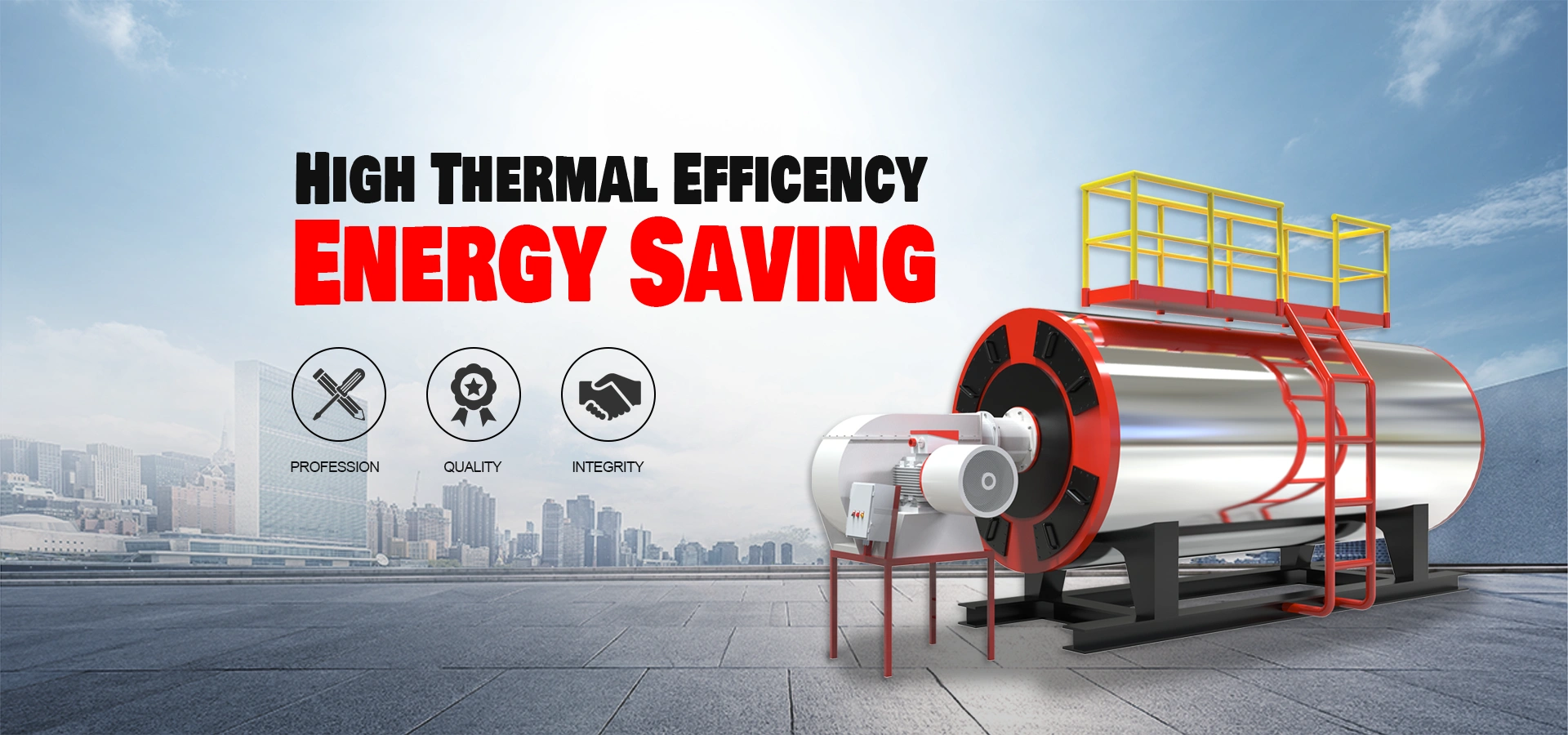
ديسمبر . 21, 2024 03:58 Back to list
thermic oil boiler
Understanding Thermic Oil Boilers Efficiency and Applications
Thermic oil boilers, also known as thermal oil heaters, are specialized systems designed to transfer heat through thermal oil or other heat transfer fluids. Unlike conventional steam boilers that use water to carry heat, these systems utilize a high-temperature oil that allows for efficient heat retention and transfer at lower pressures, which is an advantage in many industrial applications.
How Thermic Oil Boilers Work
Thermic oil boilers operate on a relatively simple principle heating a thermal fluid in a closed-loop system. The burner ignites, generating heat that warms the thermal oil circulating in the system. This oil absorbs heat and is pumped through a network of pipes to various heat exchangers or directly to the points of application. After transferring its heat, the cooled oil returns to the boiler to be reheated, thus completing the thermodynamic cycle.
One of the key features of thermic oil is its ability to reach high temperatures (often exceeding 300°C or 572°F) without significant pressure. This characteristic allows industries to process materials at higher temperatures, enabling faster production rates and improving overall efficiency.
Advantages of Thermic Oil Boilers
1. High Efficiency Thermic oil boilers offer superior heat transfer rates compared to traditional water boilers. This efficiency results in lower fuel consumption and reduced operational costs.
2. Higher Operating Temperature These systems can achieve much higher operating temperatures without the associated risks of high pressure. As a result, they are ideal for industries where high-temperature processes are required, such as in chemical manufacturing, food processing, and textile production.
thermic oil boiler

3. Flexible Design Thermic oil systems can be custom-designed to meet the specific heating needs of different processes. This versatility makes them suitable for a wide range of applications, from heating industrial equipment to providing heat for buildings.
4. Low Maintenance Needs The closed-loop design minimizes the risk of leaks and reduces the need for constant monitoring and maintenance. The thermal oil can often be used for years without degradation, contributing to lower overall maintenance costs.
5. Environmental Benefits Many modern thermic oil boilers are designed to be environmentally friendly, featuring low emissions and higher efficiency ratings, which contribute to reduced carbon footprints.
Applications of Thermic Oil Boilers
Thermic oil boilers find applications in various industries due to their ability to provide reliable and efficient heating. Some of the key sectors include
- Chemical Industry Used for processes such as distillation, evaporation, and reactions that require high temperatures. - Food Processing Ensuring processes like frying, cooking, and pasteurization operate at optimal temperatures. - Textile Industry Required for dyeing, finishing, and other processes that need precise heat control. - Plastics and Rubber Providing heat for molding, extrusion, and curing processes. - Pharmaceuticals Used in the production and processing of drugs where controlled heating is crucial.
Conclusion
Thermic oil boilers represent a reliable and efficient solution for industries that require consistent and high-temperature heat supply. Their ability to operate at high temperatures and low pressures, combined with flexibility and efficiency, makes them a preferred choice for many industrial heating applications. As technology continues to evolve, thermic oil boilers are likely to become even more efficient and environmentally friendly, solidifying their role in modern industrial processes. For businesses looking to optimize their heating systems, investing in a thermic oil boiler could lead to significant operational and economic benefits.
-
How to Maintain a Steam Boiler Expert Tips for Efficiency & Longevity
NewsApr.29,2025
-
Professional Steam Boiler Service AB Expert Maintenance & Repair
NewsApr.29,2025
-
Hot Water Steam Boilers Efficient Heating Solutions & Expert Tips
NewsApr.29,2025
-
Hot Water Boiler Capacity Calculation Guide Efficient Design Tips
NewsApr.28,2025
-
How to Drain a Steam Boiler Step-by-Step Safety Guide
NewsApr.28,2025
-
How to Install a Hot Water Boiler Optimal Pressure & Efficiency Guide
NewsApr.28,2025
Related PRODUCTS






















